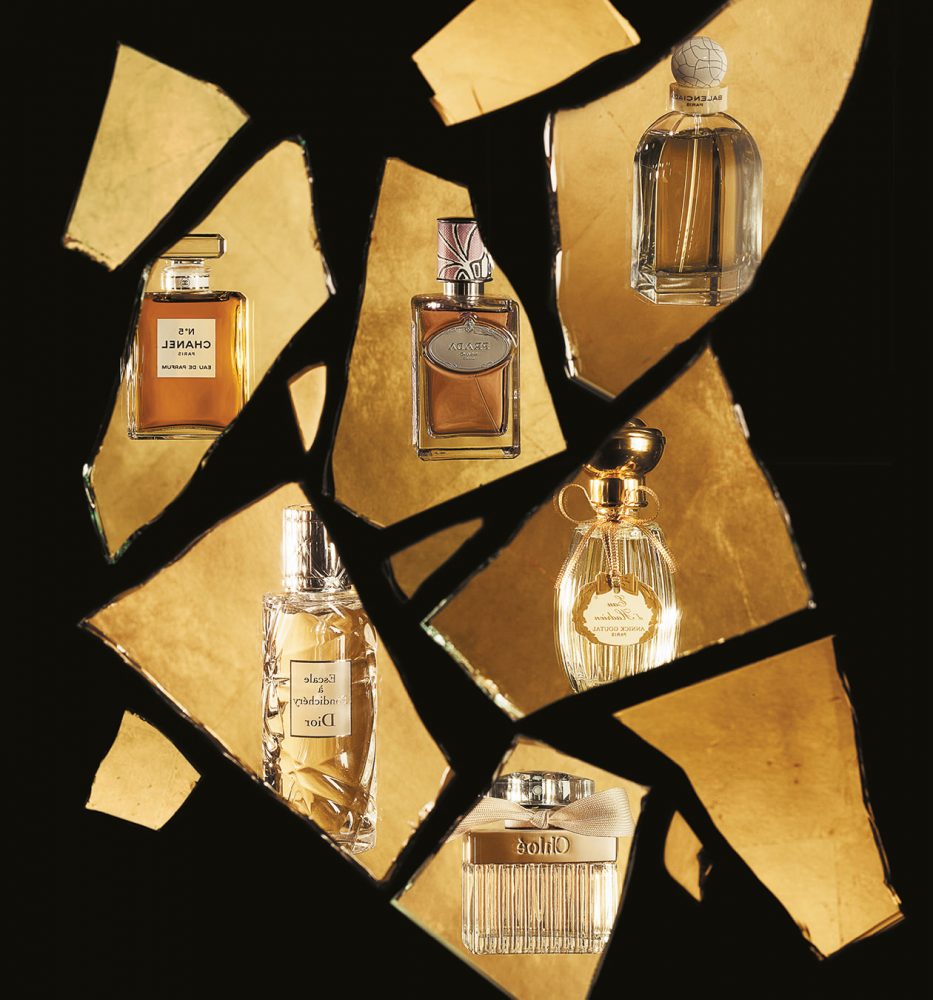Of the five senses, smell is arguably the most powerful. It has the amazing ability to flood the brain with memories and emotions, radiate a mood, relate age, encourage a choice of mate and even affect performance at work.
Since the olfactory bulb is part of the brain’s limbic system—the part of the brain responsible for our emotions—familiar scents can stimulate memories almost instantly. When a person first encounters a scent, the brain establishes a link to the person or place the smell emanated from, or to the event or moment that occurred simultaneously. It becomes an automatic conditioned response, and when we encounter the scent again, the same memory or feeling is recalled. These psychological aspects of scent explain why we all have such opinionated discrepancies in our sense of smell. A scent that one person loves, may disagree completely with someone else.
But because scent ties experiences and emotions together, it is the only sense with the amazing ability to simultaneously seduce the body, mind and spirit altogether. Knowing this, fragrances suddenly become way more than just the floral or musky water we splash, spritz or spray on ourselves to smell good. Time, atmosphere and experience are all at play. When perfume is worn well, it can tell our story, convey who we are or who we want to be—even who we dare to be. All this is encapsulated in those little glass bottles and might explain why some of us have a signature scent, while others have a perfume wardrobe.
Coco Chanel once said, “A woman who doesn’t wear perfume has no future.” A bit extreme perhaps, but the woman who brought us the world’s most renowned fragrance—Chanel No. 5—was no doubt on to something. So how do you choose a perfume? Consider some things: Who are you? What are you trying to communicate? Are you elegant or playful? Will it be worn day or night? How old are you? How does it smell on your skin? With your body chemistry? Or simply allow your senses to guide you, and follow your intuitive likes and dislikes. Maybe a certain fragrance note reminds you of a place you once travelled to, a loved one you wish were near, periods of happiness or a mysterious time in your life.
Indeed, it’s a head full to consider, but there is good news: choosing a scent no longer has to be that daunting and aloof squirt-and-sniff chore that comes with the endless array of bottles. Instead, a new “counter culture” at Holt Renfrew has elegantly revolutionized perfume shopping. Chanel’s new Olfactive Bar, only the sixth of its kind in the world, is a chic and intimate space—chairs and stools clad in classic Chanel tweed—focusing purely on fragrance. It showcases eight women’s and six men’s Chanel perfumes as well as the Les Exclusifs de Chanel collection, 12 fragrances otherwise found only in Chanel boutiques.
The Olfactive Bar uses a remarkable patented ceramic blotter system that, according to one insider beauty expert, gives the customer a “very pure way of experiencing fragrance by isolating it.” Top, middle and base notes are experienced concurrently and smell “closer to how they will smell on the wrist and nape.” At the Bar, a scent specialist sits behind an art deco mirrored chessboard desk and acts almost like a psychic, reading customers’ scent auras while describing fragrance blends. But instead of reading tarrot cards, the specialist reads your reaction, raising the fragrance-dipped ceramic sticks up to your nose to try to find the match. With a lifetime of memories at the ready, it seems our futures are nigh.









